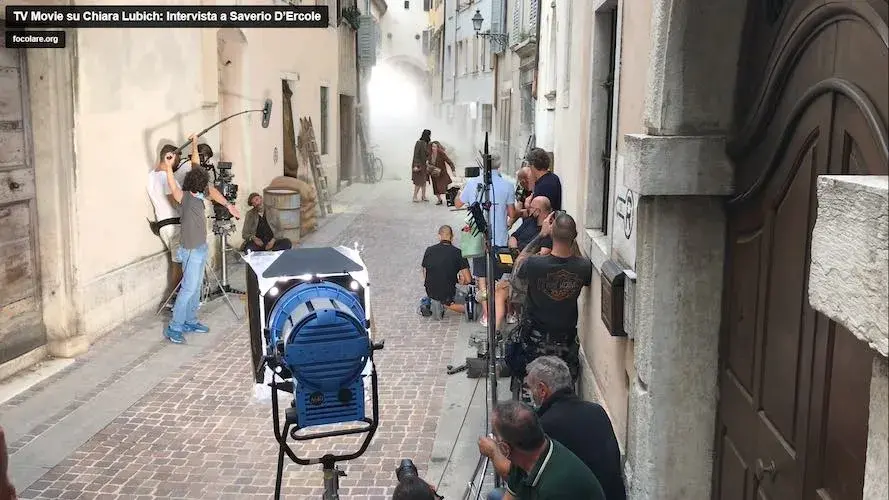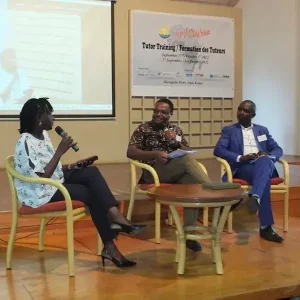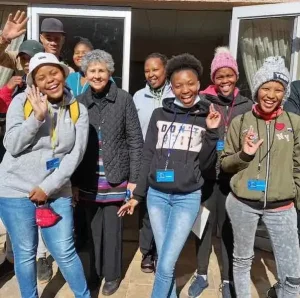
Chiara Lubich, love conquers all is the title of the Italian TV drama that tells the story of the life of the young elementary school teacher from Trentino who gave life to the Focolare Movement and inspired many socio-cultural renewal initiatives based on the Gospel. Among them, also NetOne. Interview with the artistic producer Saverio D’Ercole
By Silvano Malini
The film for TV was aired on the first channel of the state network Rai (Radio-Televisione Italiana) on 3 January 2021, in prime time, and was then made available free of charge on the portal Rai Play, where it can still be watched from Italy.
The work was produced by Casanova Multimedia in collaboration with Rai Fiction, directed by Giacomo Campiotti with Cristiana Capotondi as the lead actress.
A few months before the broadcast, journalist Stefania Tanesini interviewed the artistic producer of the project, Saverio D’Ercole.
“I met Chiara’s ideal when I was 11 years old,” said D’Ercole, who explained the origin of the film. “A few years ago, the then director of Rai Fiction, Tinny Andreatta, expressed the desire to tell the stories of great Italian women, also from the past. That was the moment when, together with some of us, we thought it was the right time to propose the figure of Chiara”. After the heartfelt thanks to the Rai directors who made this film possible, on which they worked for about three years, D’Ercole emphasised the role of producer Luca Barbareschi of Casanova – Eliseo Fiction, because despite the fact that it was a project “with enormous economic problems, he was very determined to take it forward, clearly for the ‘content the film conveys’”.
“Condensing a complex figure such as Chiara Lubich into an hour and a half of film must not have been an easy task”. Tanesini reflected. “Selecting the material and figuring out what fit into 90 to 100 minutes of film was very difficult,” confirmed the filmmaker. “Of course, the authors played a fundamental part in this.” However, he admits that “the risk was to have a long list of events, but not a story’. Hence the choice to “restrict the narrative” to what was considered “the heart of the story”, namely the 1940s, narrated by the ‘narrative frame’ of the interrogations by the Holy Office, which took place in the 1950s in the Vatican.
“Naturally, a fiction” – unlike a documentary – “implies an inventive margin to be able to construct an exciting story”, always, however, “with respect for true history”. In a later interview, he exemplified by illustrating the narrative solution of having made a real-life character, about whom little was known, with the daughter of a fascist hierarch. A character around whom accusations and criticism of the protagonist’s modus operandi.
“Which Chiara emerges in this film?”. “The Chiara of Giacomo Campiotti, author, co-author and director, and Cristiana Capotondi. This is very important, because they both did not know the Movement before, or at least they knew it in a generic way, not in depth. So it was their outside eye that approached Chiara’. Each of them did so ‘with the professionalism and talent’. “The encounter between the artistic dimension of Giacomo and that of Cristiana, as a performer, from my point of view gave birth to an extraordinary Chiara. I think it is right and proper to set aside the image of Chiara that each of us has, even for those who knew her as I did, and to project ourselves into this dimension, into this artistic encounter made with honesty, sincerity and depth”.








